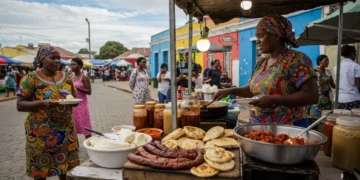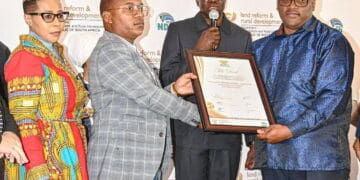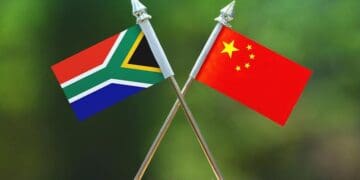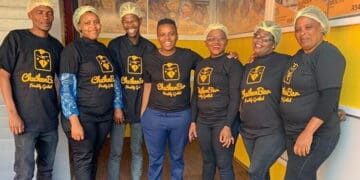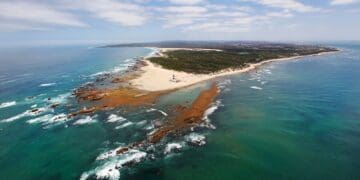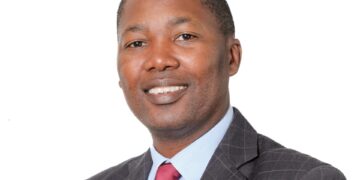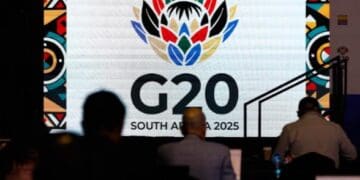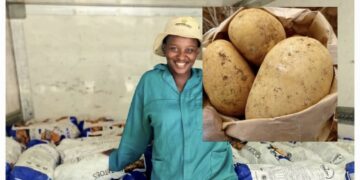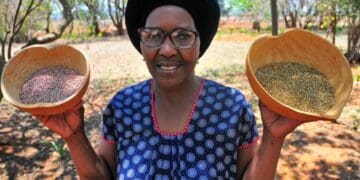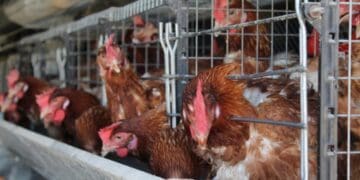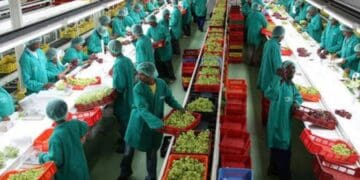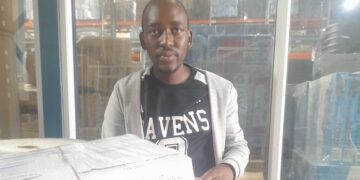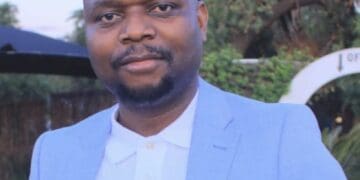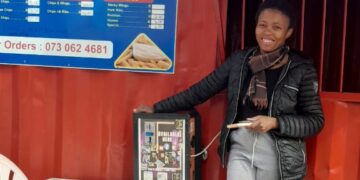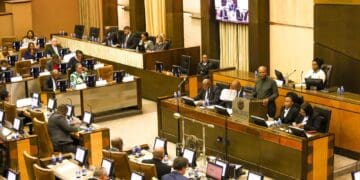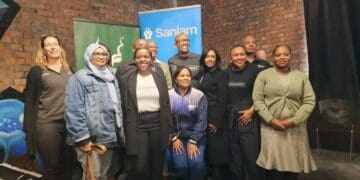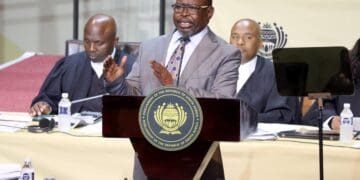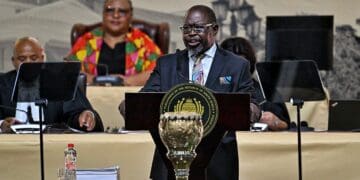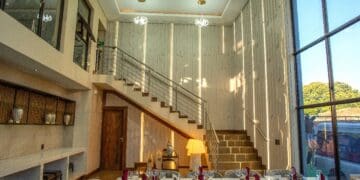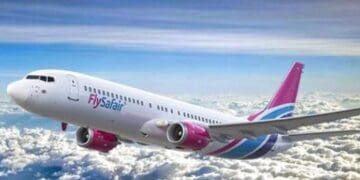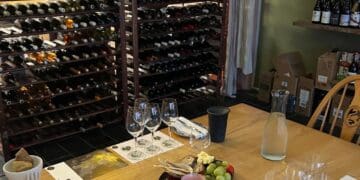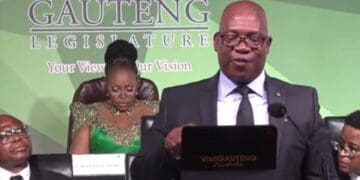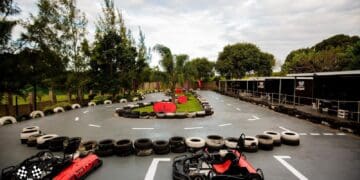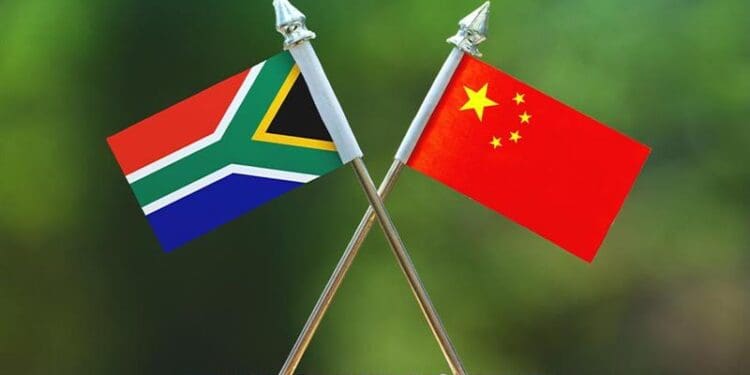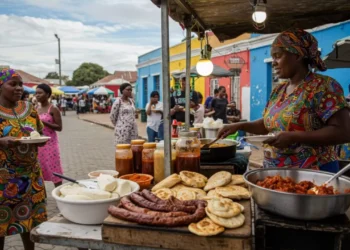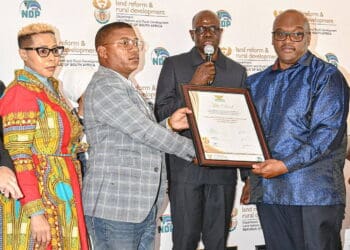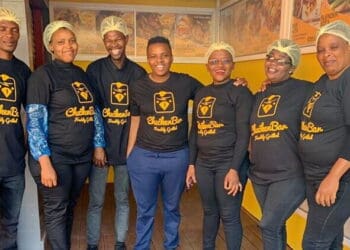South African tourism operators and industry players could soon be conversing with guests from China in their own language, Mandarin – thanks to the Department of Tourism’s 2025/26 Mandarin language training programme.
The Department of Tourism’s programme invites registered South African tourist guides, both freelancers and employees, to apply for Mandarin-language training at the HSK-1 and HSK-2 levels. Those who complete the exams will qualify for Phase Two, which includes cultural immersion in China.
Preference will be given to youth, women, and historically disadvantaged individuals, and training will combine online sessions with in-person classes, mainly in Gauteng.
For tourism SMMEs, the programme is more than just language training; it represents an avenue for innovation and growth. With Mandarin-speaking guides, operators can diversify their offerings, creating immersive experiences that combine sightseeing with cultural and culinary elements tailored to Chinese visitors.
Such services not only enhance guest satisfaction but also improve the competitiveness of small businesses in the global tourism market. Entrepreneurs in the sector are already seeing the potential.
Nomonde Tshangala, owner of Hamboluhle Travel and Tours, said Chinese travellers prefer guides who can communicate in their own language, making Mandarin skills a competitive advantage.
“Access to this growing market is a huge opportunity,” she explained. “However, the cost of this training could be a significant barrier for smaller operators.”
Gopolang Makgotho, co-CEO of Calvino’s Shuttle Services in Polokwane, said Mandarin-speaking guides could transform how operators engage with clients.
“It allows us to provide personalised experiences and build partnerships with Chinese travel agencies,” she said.
At the same time, Makgotho highlighted practical challenges.
“Training must fit our guides’ schedules, many of whom are frequently on the road. If it is only offered in major cities, rural operators could be excluded. And upfront costs, even with long-term benefits, could be prohibitive,” she said.
According to data from Statistics SA, in January 2024, 3 033 431 travellers entered and exited South Africa.
“They were made up of 28,7% South African residents and 71,3% foreign travellers. For foreign arrivals, 1,253,216 were made up of 2,9% non-visitors and 97,1% visitors. For visitors, 1,216,595 consisted of 20,1% same-day visitors and 79,9% overnight visitors (tourists),” the authority said.
The number of Chinese tourists reached an estimated 79,700 visitors.
Liorna Berend, founder and CEO of Borutho Tours and Travel, added that Mandarin training would position her business at the forefront of the Chinese market.
“Understanding the language makes it easier to communicate with guests. Time could be a challenge, but we are ready to adjust our schedules, especially if funding support is available. When a guide speaks the guests’ language, they can expand services beyond guiding to include cultural tours and packaged experiences for the international market,” said Berend.
The initiative aligns with South Africa’s broader strategy to diversify its tourist base and strengthen ties with China, one of the world’s fastest-growing outbound markets. By equipping local guides with Mandarin skills, the country aims to create a more welcoming and seamless experience for Chinese visitors, while giving smaller operators a chance to compete globally.
By integrating language training with practical, hands-on exposure to Chinese culture and travel expectations, the programme could ultimately position South African tourism SMMEs as global players, ready to meet the demands of one of the world’s most lucrative tourism markets.

